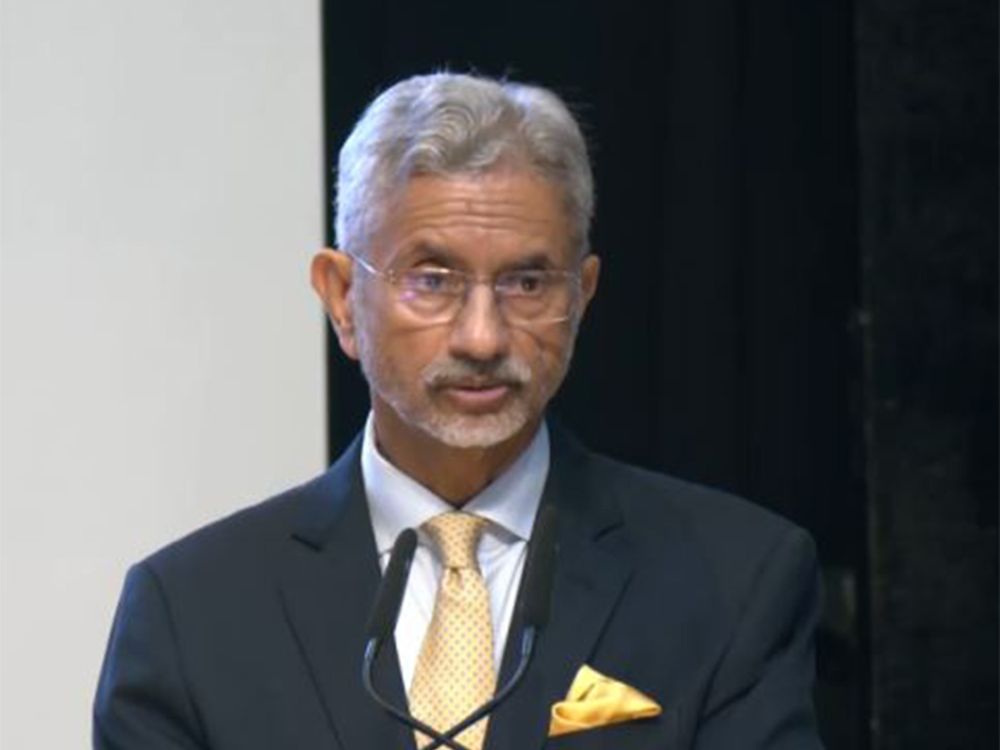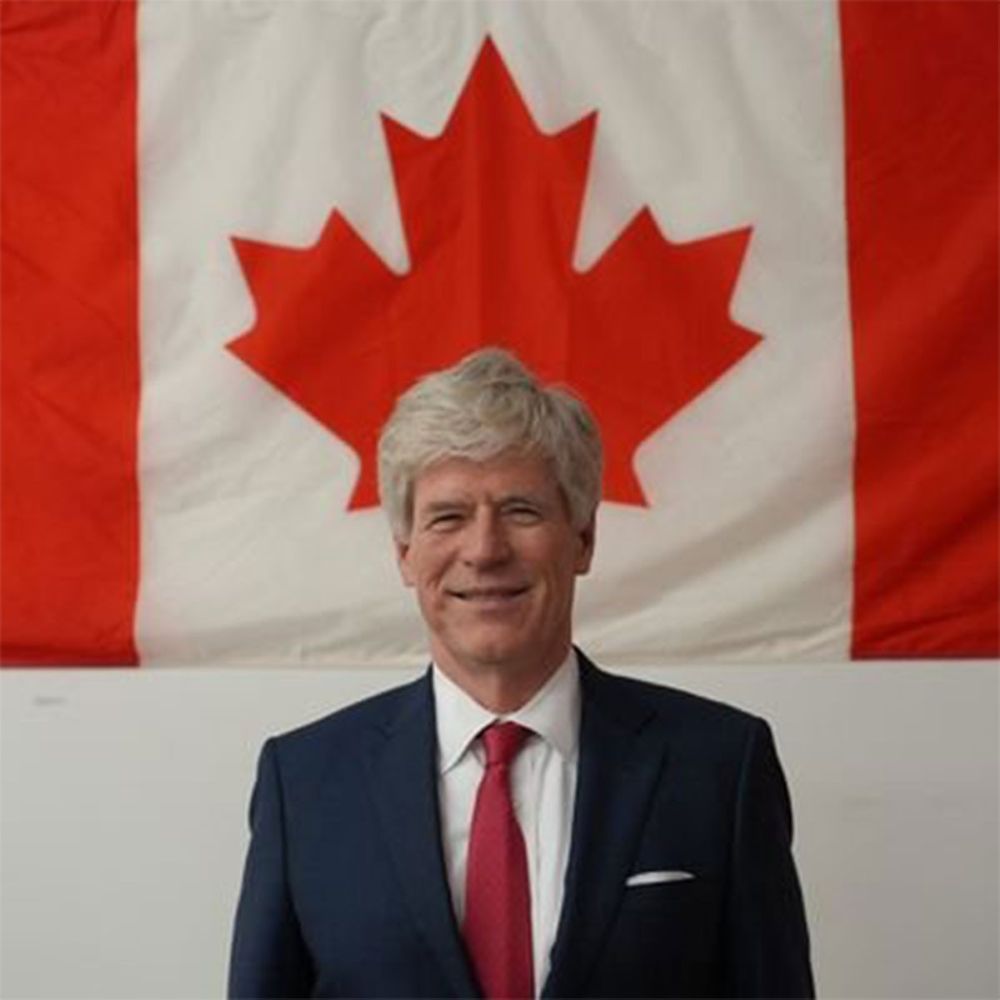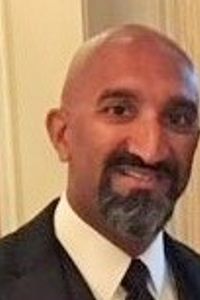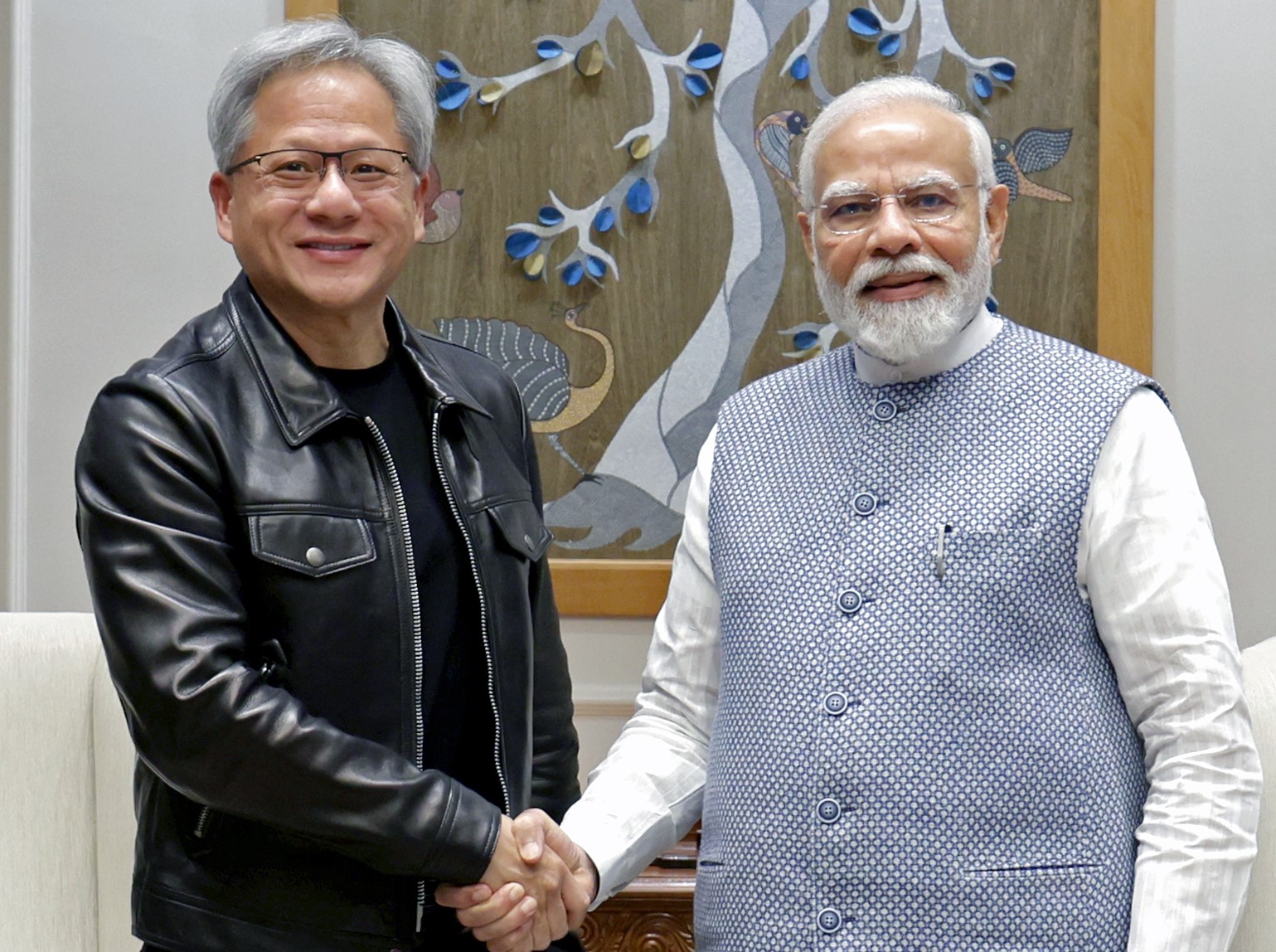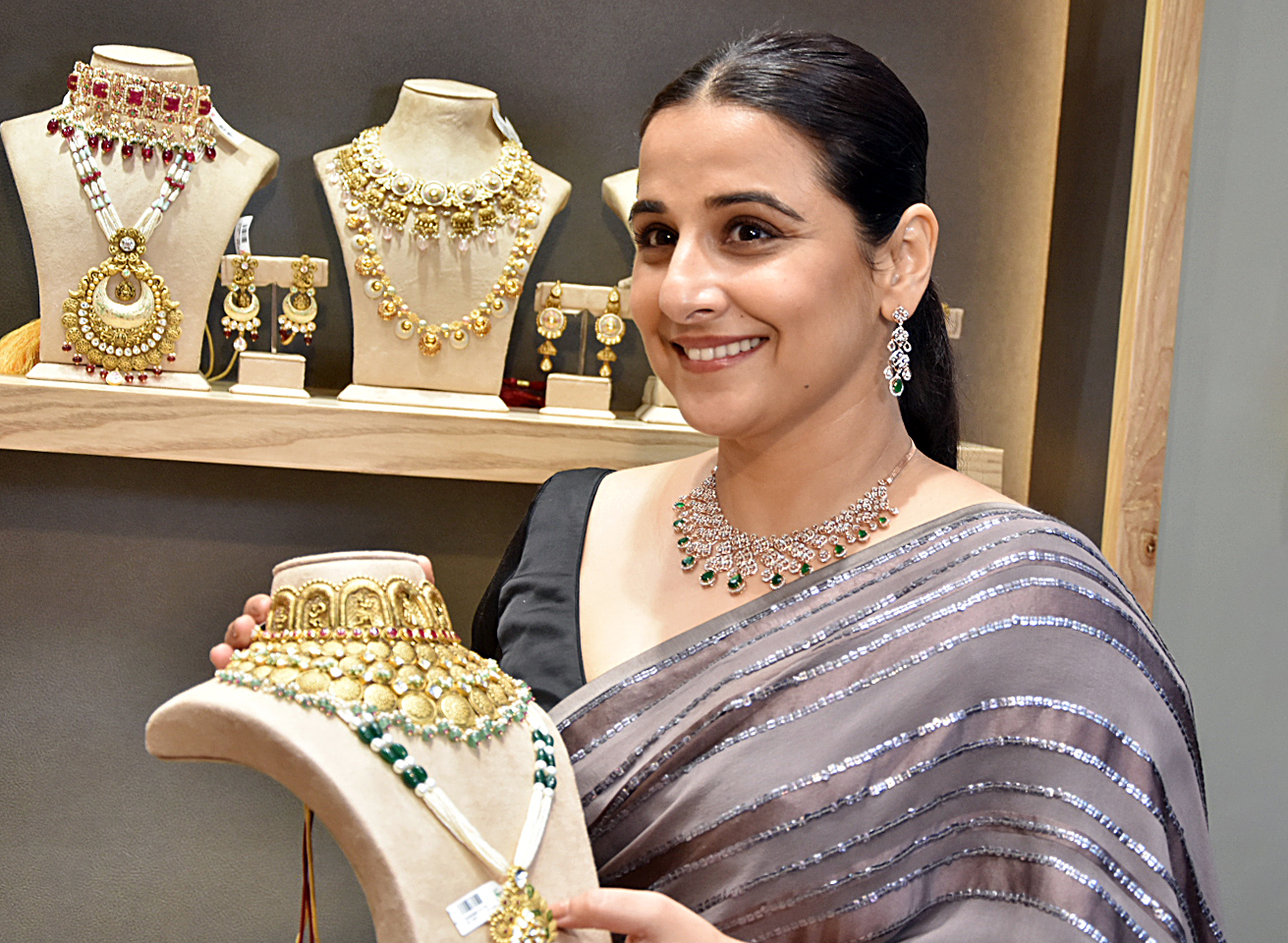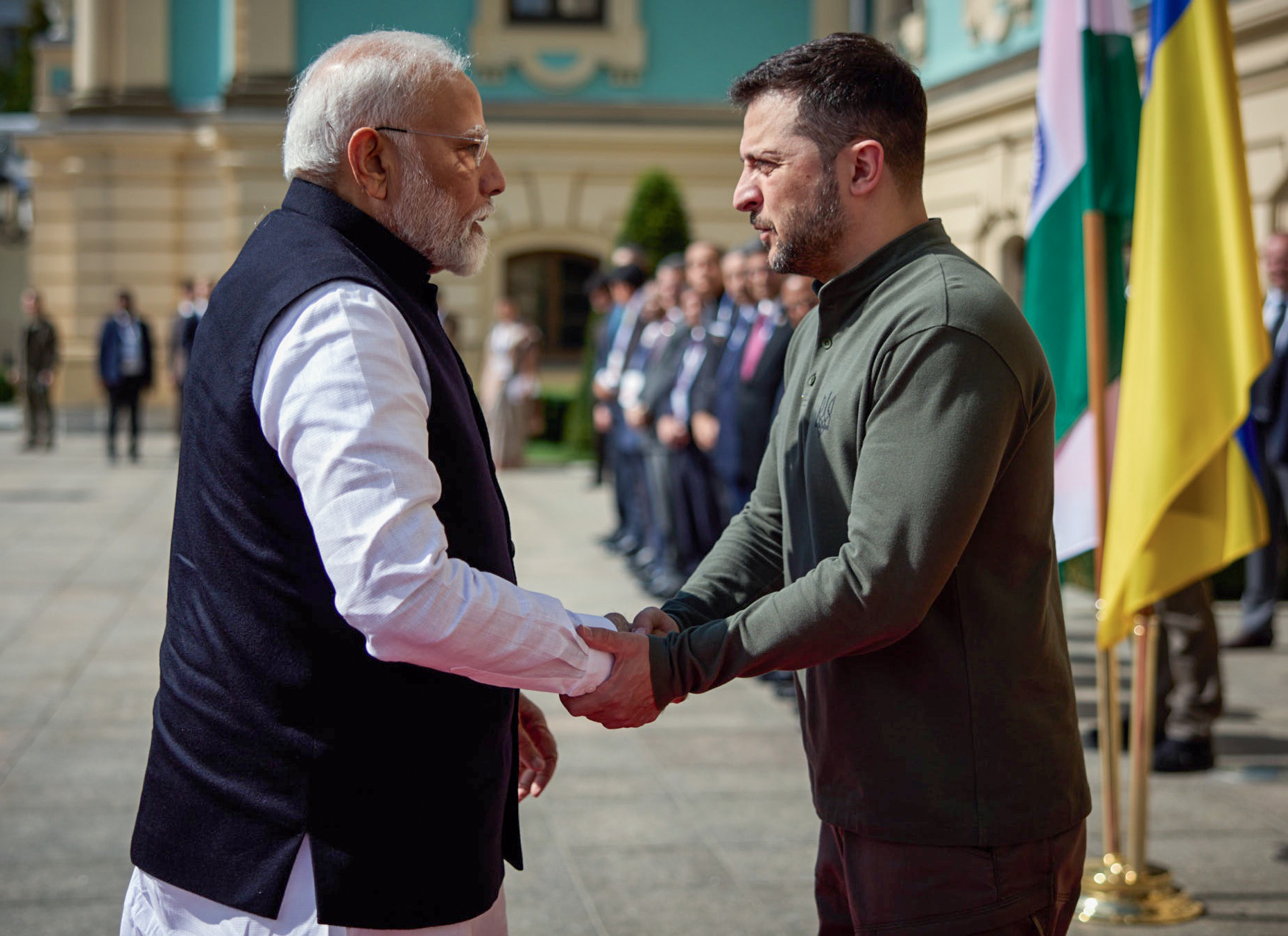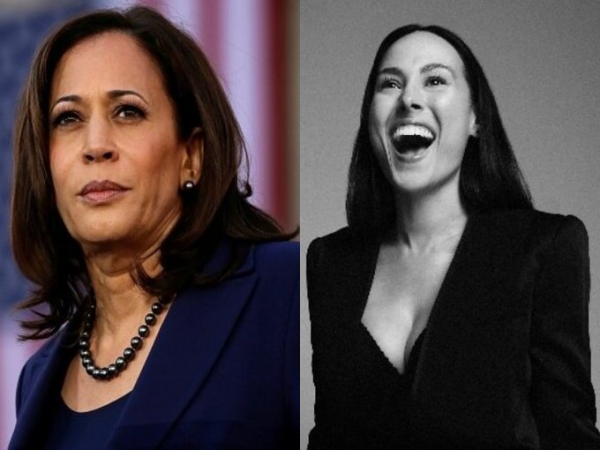With the election of Donald J Trump as the next US president, there is tremendous excitement and enthusiasm in New Delhi for better and stronger relations between the two biggest democracies. What is the anvil under the new Trump presidency?
Our Bureau
New York/New Delhi
Donald Trump is heading back to the White House. The 45th president of the US will now become the 47th president on January 20th, 2025. The Trump victory, unexpected for many, was almost a landslide. Now, the US is heading for a big change and the world too is ready to witness and deal with the new order in Washington, DC.
With Donald J Trump back in the White House, the India-US relations too will see a change – a relationship which has been a bit conflicted in the past one year or so despite deep strategic relations between the two countries.
On Wednesday, Prime Minister Narendra Modi congratulated the Republican leader for his victory in the US Presidential elections. PM Modi held a telephone conversation with the President-elect of the United States of America, Donald Trump on November 6. PM Modi warmly congratulated Trump on his re-election as the President of the United States of America as well as the Republican Party’s success in the Congressional elections.
“Heartiest congratulations my friend @realDonaldTrump on your historic election victory. As you build on the successes of your previous term, I look forward to renewing our collaboration to further strengthen the India-US Comprehensive Global and Strategic Partnership. Together, let’s work for the betterment of our people and promote global peace, stability and prosperity,” PM Modi said in a post on X.
PM Modi and Donald Trump share warm and friendly ties. The bonhomie between the two leaders had seen the coming together of India and the US on various global issues.
The two leaders have held positive deliberations and met several times to give a boost to the India-US ties.
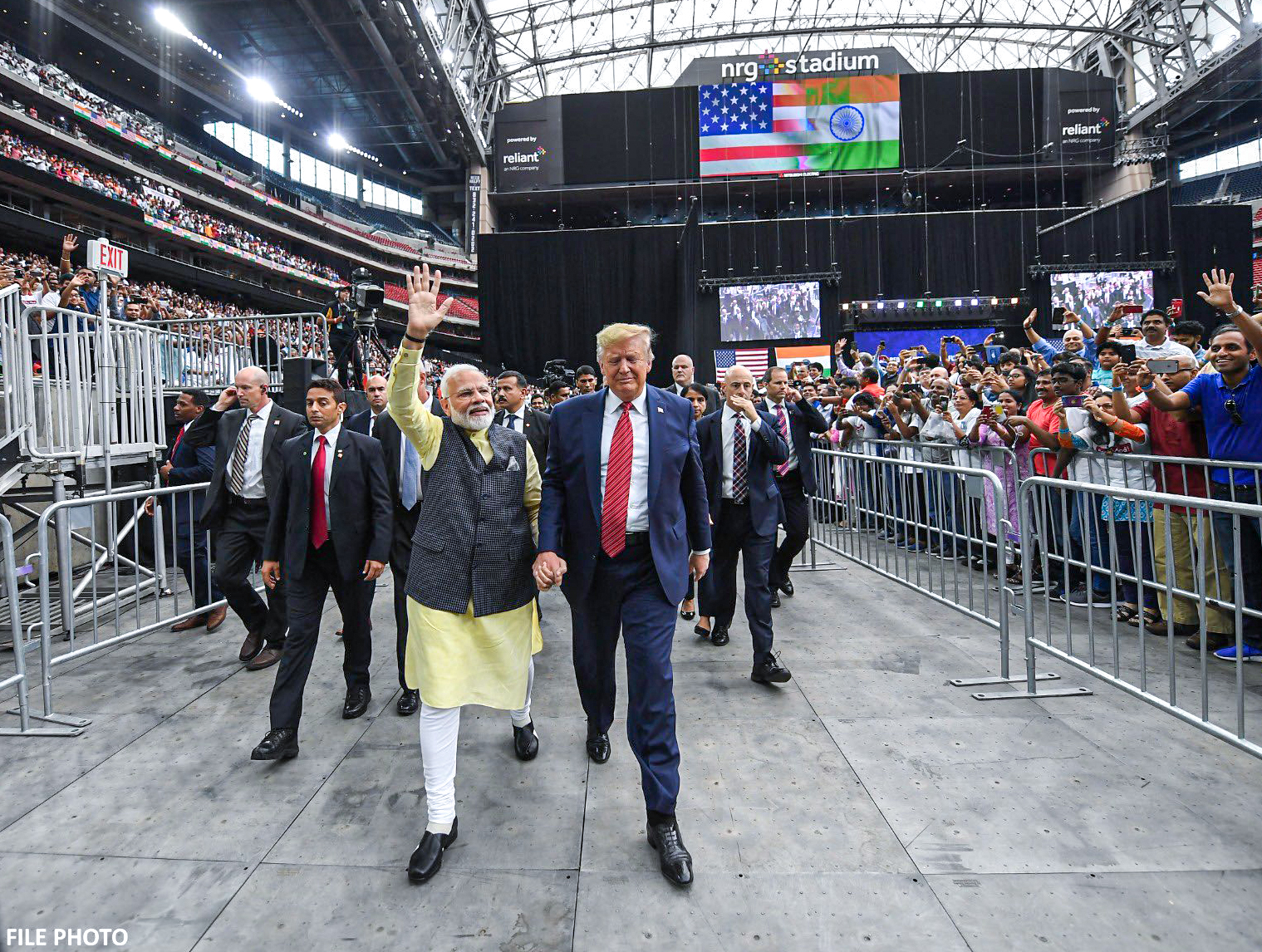
PM Modi highlighted that Trump’s spectacular and resounding victory reflected the deep trust of the American people in his leadership and vision. Reflecting on the positive momentum of the India-US partnership during President Trump’s first term, the PM recalled their memorable interactions, including the Howdy Modi event in Houston in September 2019 and the Namaste Trump event in Ahmedabad during President Trump’s visit to India in February 2020.
Both leaders reiterated the importance of the India-US Comprehensive Global Strategic Partnership, for the benefit of the people of the two countries as well as for global peace and stability.
They reaffirmed their commitment to working together to further strengthen bilateral ties across technology, defense, energy, space and several other sectors.
Meanwhile, the Ministry of External Affairs (MEA) has reaffirmed the importance of India’s relationship with the United States, describing it as “very special and multifaceted.”
MEA Spokesperson Randhir Jaiswal made the remarks following the recent US presidential election, which will mark the transition in power from the Democratic party to the Republican. While addressing the briefing on Thursday, Jaiswal said, “India-US partnership is a very special and multifaceted partnership. Our Prime Minister spoke to President-elect Trump yesterday. Before that, he also sent a message on ‘X’ congratulating him on his historic election victory.”
Further, Jaiswal highlighted that Prime Minister Narendra Modi and US President-elect Donald Trump had previously worked together effectively, and India is looking forward to continuing this collaboration to further strengthen their comprehensive global and strategic partnership.
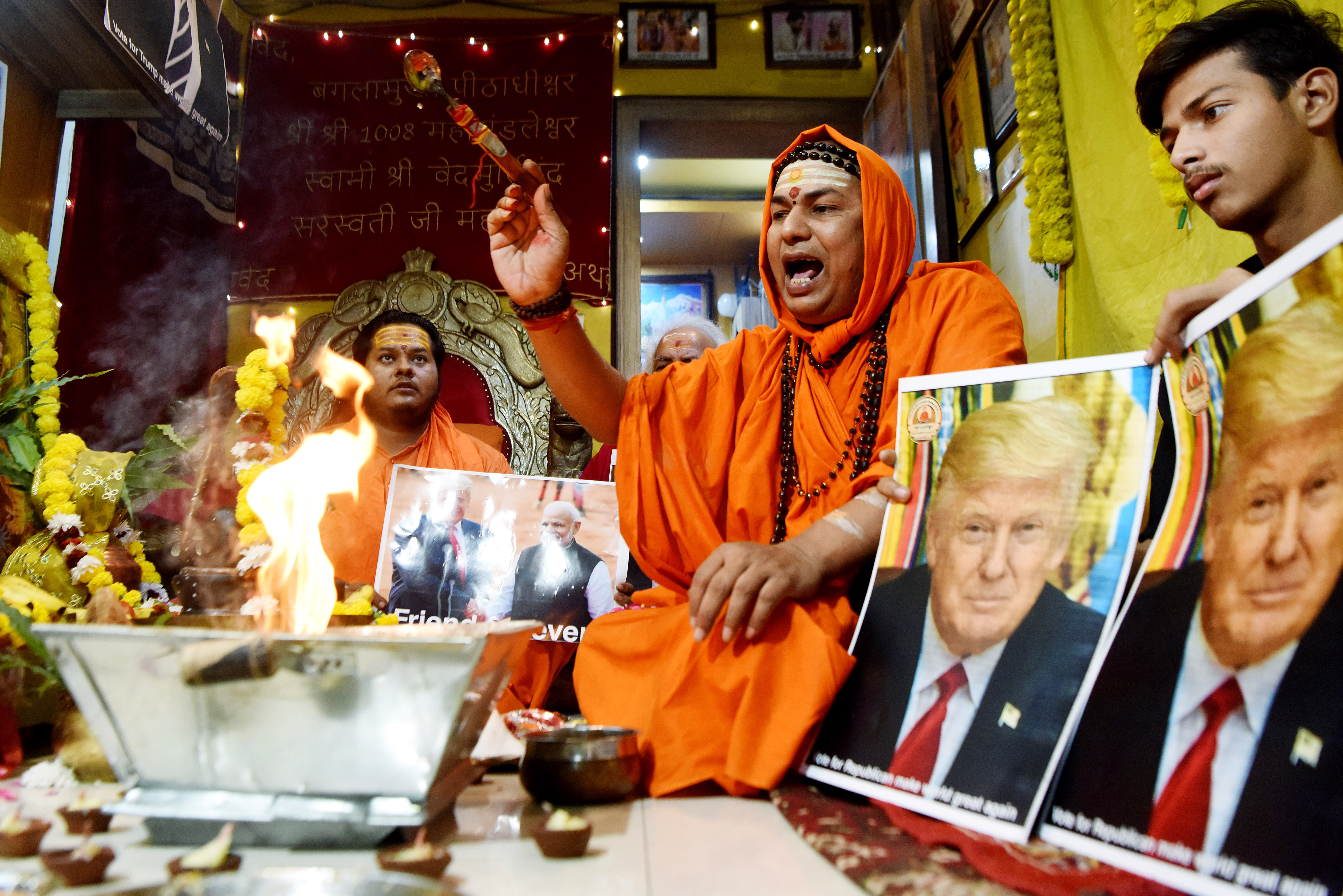
“As a fellow democracy, India celebrates this expression of people’s mandate in the United States. Prime Minister Modi conveyed to the President-elect that we look forward to working very closely, as he had done with him earlier as well to further strengthen the India-U.S. comprehensive global and strategic partnership. Both India and the United States will work for the betterment of the people and to promote global peace and stability and prosperity. So, we want to further strengthen our partnership and we look forward to it.” Jaiswal said during the MEA briefing.
Further, Jaiswal also highlighted the extensive economic relations between India and the US and said, “The economic relations between India and America are quite extensive. Last year in 2023, trade worth about USD 190 billion took place between India and America, which included goods and services. America is India’s second-largest trading partner…”
Regarding the H-1B visa program, Jaiswal emphasized its importance in the bilateral relations between both nations. “As far as H-1B is concerned, mobility and migration partnership are a part of the bilateral relations between our two countries and many of our professionals work in the US, several Indian students study there, and there is a big investment partnership between the US and India in defense technology.”
After the outcome of the US presidential elections, External Affairs Minister S Jaishankar said that India sees a potential acceleration and disruption in the re-ordering of supply chains as an opportunity.
He identified four to five important consequences of the US-India relationship following US election results, including the reordering of supply chains, geopolitical hedging, digitization, and mobility of talent and skills.
On the outcome of the US presidential elections, Jaishankar said, “To my mind, there are four-five important consequences for the relationship (India-US) and the business aspect of the relations. First, there was already re-ordering of the supply chains that were taking place, it is very likely that in view of the election results in the US yesterday, this would accelerate. Some of it would be more disruptive, but we in India see it as an opportunity. Second, there would be in a way more geo-political hedging… Third pertains to the digital side…”
The COVID-19 pandemic and escalating geopolitical tensions have prompted companies to reassess and transform their supply chain strategies. This shift is driven by the need for greater flexibility, agility, and resilience in the face of unprecedented disruptions. Companies are shifting from global to regional supply networks to reduce dependence on fragile international supply chains.
Jaishankar is optimistic that the US administration under Donald Trump will maintain distinctions in immigration policies, potentially benefiting skilled workers from foreign countries.
Jaishankar added, “Fourth is the mobility of talent and skills because even if there is re-globalization, I think the demographic unevenness is beginning to bite us. And now, the global workplace doesn’t mean that the talent alone has to move. Businesses can move as well… Even the United States under Donald Trump will make a distinction in immigration and mobility…”
Notably, Trump’s stance on immigration has been a cornerstone of his presidency, with a focus on securing the US-Mexico border and enforcing laws to curb illegal immigration. His campaign promises included stricter policies and deportation of illegal immigrants. However, Jaishankar’s statement suggests that Trump’s administration may differentiate between skilled workers and other immigrants.
With Trump back in the White House again, a new and happy chapter in India-US relations is set to begin.
“People see Trump as agent of change”: Shri Thanedar
As the world leader congratulated Republican Donald Trump for his victory in the US Presidential elections, Indian-American US Congressman Shri Thanedar on Thursday said that people voted for Trump because they see him as an agent of change.
Donald Trump articulated different issues that concern the voters and voters also saw that Trump was aware of their concerns, fears and hardships, he added.
“People feel that the current administration is responsible for the economic situation and they have sent a clear message. What Donald Trump has done is that he has articulated 3 different issues that are on voters’ minds and voters saw that Donald Trump understood their concerns & fears and their hardships. They gave Donald Trump a mandate because they saw Donald Trump as an agent of change at this time,” Thanedar said.
The US Congressman further informed that 50 per cent of the voters are people who live from “paycheque to paycheque” and they gave Trump a mandate because they are struggling.
“From the Exit Polls, we see that nearly 50% of the voters, people who are living from paycheque to paycheque, people who are struggling to put food on their table, kitchen table issues, expenses, paying for healthcare, paying for groceries, gasoline, paying for children’s education. So, people are struggling, these are the people who work with their own hands. Some of them may or may not have a college degree but they work hard to raise their family. They are all struggling. The cost of living has gone up substantially. The buying power has gone down and people are hurting,” Congressman Thanedar said.
Meanwhile, Indian-Americans are celebrating Donald Trump’s victory in the presidential election, expressing optimism about the potential benefits for the economy, border security, and global peace.
Avinash Gupta, President of the Foreign Indian Association, believes Trump’s good rapport with Prime Minister Narendra Modi will strengthen India-US relations. He cited local factors like inflation, open borders, and ongoing wars as key concerns that influenced Indian-American voters.

















